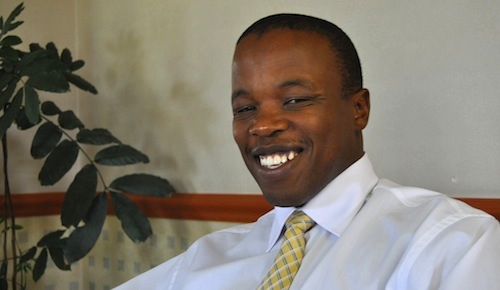
Sentech says its national broadband network will cost between R1,1bn and R1,2bn over the next three years, leaving the company short of R250m in financing to build the infrastructure.
The state-owned company has set aside R814m over the medium-term framework period (the next three years) to bring Internet access to schools, clinics and underserviced rural and municipal areas.
CEO Setumo Mohapi says schools and clinics have long been neglected by the private sector. “We have so many children across the country that have never even seen the Internet,” he says. “How can we release them into the broader economy without that access?”
He says the private sector has mostly neglected to provide Internet access in rural areas because they struggle to recuperate capital expenditure.
“We need government intervention that says we don’t need to recover the capital investment, but only make sure that operational expenditure is sustainable,” Mohapi says.
The network will give school pupils and rural doctors the access they need and allow the private sector to lease the infrastructure for their own services without incurring the full capital costs normally associated with such deployments.
“We can only afford to do this project if government agrees to intervene. But if we don’t do anything about our broadband penetration, we will continue to fall behind the rest of Africa and our people will not be uplifted,” says Mohapi.
Sentech has come under fire over its decision to provide broadband services given that its first foray into the space was a total failure. The company pulled the plug on its MyWireless business in 2009 after demonstrating it was incapable of running a retail consumer-facing business.
However, Sentech chairman Logan Naidoo says this project will not face the same problems as MyWireless because Sentech is not rolling out a retail consumer service. “This project will be aimed at completing government projects and bringing access where the market has failed,” he says.
Sentech wants to provide services at the lowest possible cost to underserviced areas. Low wholesale costs should encourage other providers to use the infrastructure to build their own services in those areas.
Sentech wants to use the money it has already been granted by government — R500m plus interest — to begin building the network, which will probably use WiMax technology. — Candice Jones, TechCentral
- Subscribe to our free daily newsletter
- Follow us on Twitter or on Facebook




